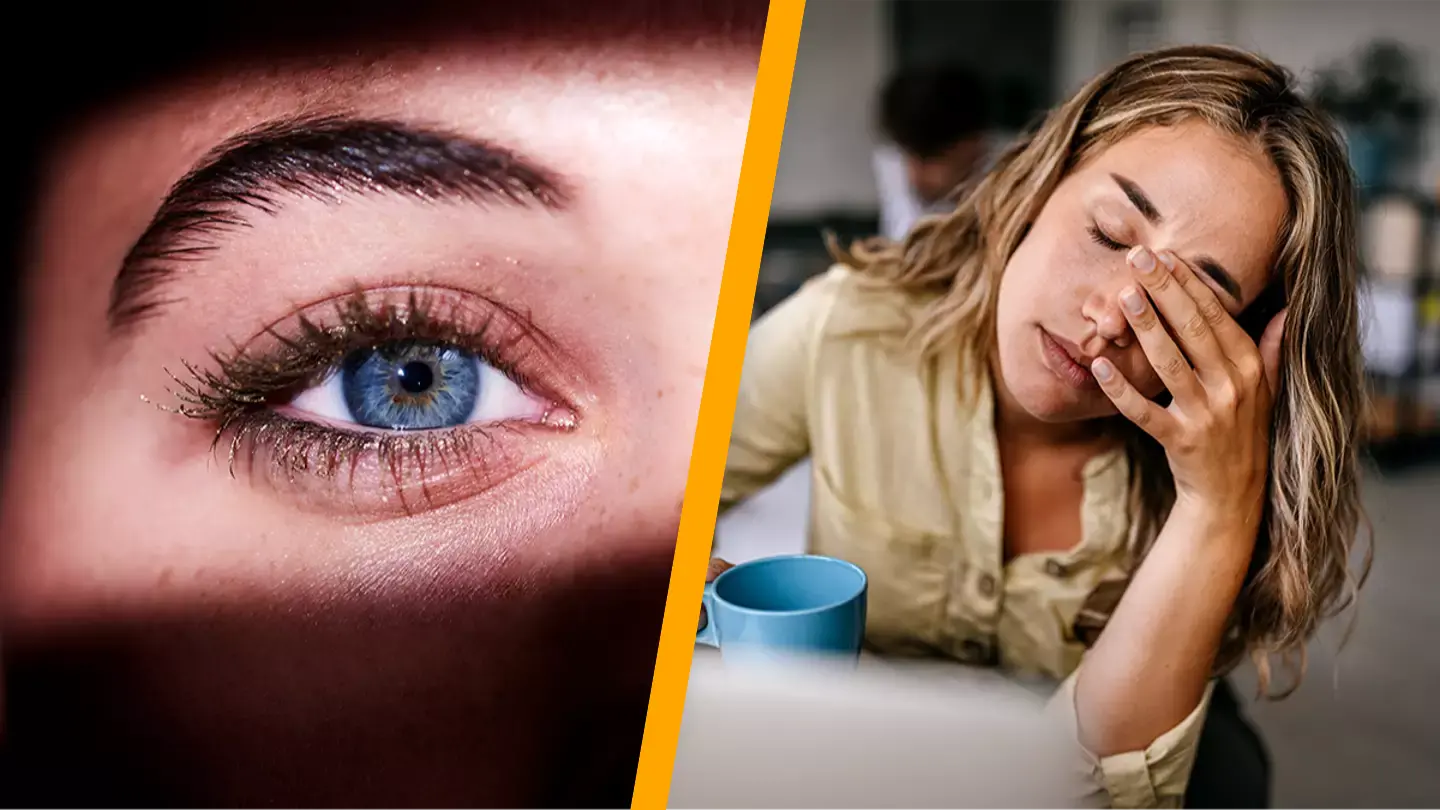According to health specialists, our eyesight is arguably the most crucial of all five senses, yet certain habits might unknowingly contribute to vision problems.
With vision accounting for up to 80 percent of sensory impressions, maintaining eye health is essential.
While it’s common knowledge that excessive screen time is detrimental, Nielsen data from late 2023 reveals that individuals in the United States spend an average of 59 hours and 56 minutes per week on media through screens.
Alarmingly, over 32 hours of that time is dedicated to watching television.
Recently, two healthcare experts have discussed everyday activities that may harm our eyes.

One of the primary culprits for eye damage is excessive screen time. In today’s world, work laptops, mobile phones, and TV screens are constantly in use.
Dr. Jørn Slot Jørgensen from the Laser Eye Clinic London warns that too much screen exposure can lead to eye strain, manifesting as ‘dry eyes, headaches, and blurred vision.’
To combat this, it’s advisable to limit screen usage and take frequent breaks.

Another way to strain your eyes is by working or reading in poorly lit environments—either too bright or too dim. Such conditions force the eyes to exert extra effort.
The Canadian Center for Occupational Health and Safety cautions that inadequate lighting can be hazardous, noting: “Too much or too little light strains eyes and may cause eye discomfort, burning and headaches.”

Additionally, neglecting to wear sunglasses—or wearing the wrong kind—on sunny days can expose eyes to harmful UV radiation.
Evelyn Mensah, a consultant ophthalmologist and eye surgeon at Central Middlesex Hospital, points out that ‘not all sunglasses filter UV light.’
The FDA suggests choosing sunglasses with a UV400 rating or ‘100% UV protection’ on the label, which block over 99% of UVA and UVB rays, ensuring maximum UV protection.
Mensah further advises against looking directly at the sun: “Never look directly at the sun because this can cause a solar burn in the macula that can result in permanent visual loss. UV exposure can also increase the development of growths on the surface of the eyes called pterygia.”

Mensah also emphasizes the necessity of wearing prescribed glasses.
She remarked: “There’s a widespread misconception that wearing prescribed glasses worsens your eyesight. This notion is inaccurate, the primary reason for wearing prescribed glasses is simply because you require them.”
Neglecting to use them can lead to increased headaches and eye strain.

A well-balanced diet boasts numerous advantages, including supporting eye health. Consuming five servings of fruits and vegetables daily and ensuring adequate vitamin intake can protect your eyes.
This diet can lower the risk of age-related macular degeneration, a condition that can lead to blurriness or loss of central vision.
Additionally, eliminating unhealthy habits like smoking can further benefit your eye health.

